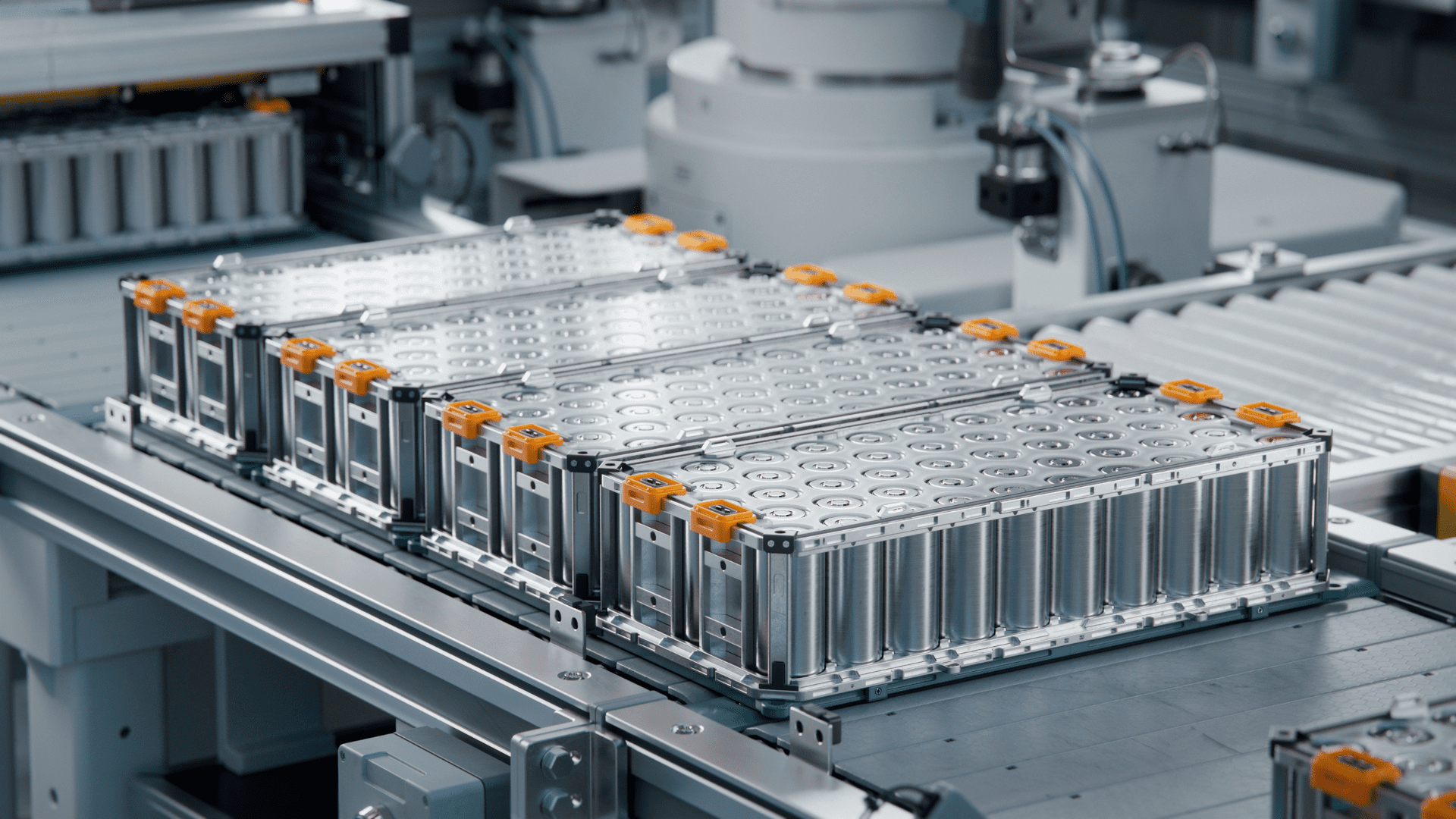Tamara visited Glanbia and learned about the history behind whey protein and how it’s manufactured today in this Tomorrow’s World Today episode. When one typically thinks of protein supplements, one will picture them as tools for athletes. You’ll picture the person just getting home from a run, wiping the sweat from their forehead, and expertly stretching as they make and consume their protein shake. But it turns out including protein in your diet is actually essential for many of the core processes that our body needs to function properly. From your immune health to helping to maintain your pH balance, here are just a few of the ways our bodies use protein.

Nutrients
Your body contains transport proteins that are in charge of moving substances like blood sugar, vitamins, minerals, and oxygen through your bloodstream. There different types of transport proteins, each of which specializes in carrying one type of material through the body. So, for example, hemoglobin is a transport protein that carries oxygen to the lungs. These same proteins wouldn’t be in charge of carrying cholesterol–that job is reserved for lipoproteins.
In addition to transporting nutrients, the body also contains storage proteins which are in charge of storing certain specific nutrients in the body. One example is ferritin, a storage protein for your body’s iron supply.
Immune Health
You’ve likely heard the term ‘antibodies’ before as it refers to blood cells that work to fight off infections and illnesses in your body. But did you know that protein is the main component in creating them? Yes, the protein in our bodies is used to create the immunoglobulins or antibodies without which our bodies would be overrun with infectious diseases. These proteins are so smart, in fact, that once they’ve created antibodies against a certain illness the body will never forget how to fight off that infection again.

pH Balance
Another of the ways our bodies use protein is to regulate the concentration of acids and bases in the blood and other bodily fluids. A pH scale is what measures the balance between acids and bases and different parts of the body have a different number that indicates a normal pH balance. The body uses proteins like hemoglobin in order to maintain a normal pH balance within the blood.
Growth & Maintenance
Protein can also assist the body when it comes to growing and maintaining tissue. When the body is functioning normally, it will break down the same amount of protein as it uses repair tissues. There are other times, however, when the body will break down more proteins than it builds so you’ll need a higher protein intake. Examples of when this happens include when you are injured, elderly, athletic, pregnant, and breastfeeding.

Structure & Messaging
Other proteins are processed in your body as hormones which then aid the communications between cells, tissues, and organs. These proteins are created by endocrine tissues or glands. Then they are transported to the designated tissues or organs where they will bind to protein receptors on the cell surface. Hormones created through proteins can be either a protein/peptide, steroid, or an amine. Proteins/peptides are made from chains of amino acids, steroids are made from fat cholesterol, and amine are made with a few specific amino acids like tryptophan and tyrosine.
Another way our bodies use proteins to create structure or rigidity within certain cells and tissues. Some proteins that are used for this purpose include collagen, elastin, and keratin. Collagen provides structure to the bones, tendons, ligaments, etc. Keratin is a protein that provides structure to your hair, skin, and nails. And elastin provides flexibility to several organs including the lungs, uterus, and arteries.
Biochemical Reactions
Protein is also used to create enzymes that can aid biochemical reactions that take place in the body. Enzymes are able to combine with other molecules inside a cell which can catalyze reactions. For example, digestive enzymes like lactase and sucrase will help the body digest sugar. A few bodily functions that require enzymes to function effectively are digestion, muscle contraction, blood clotting, and energy creation.







